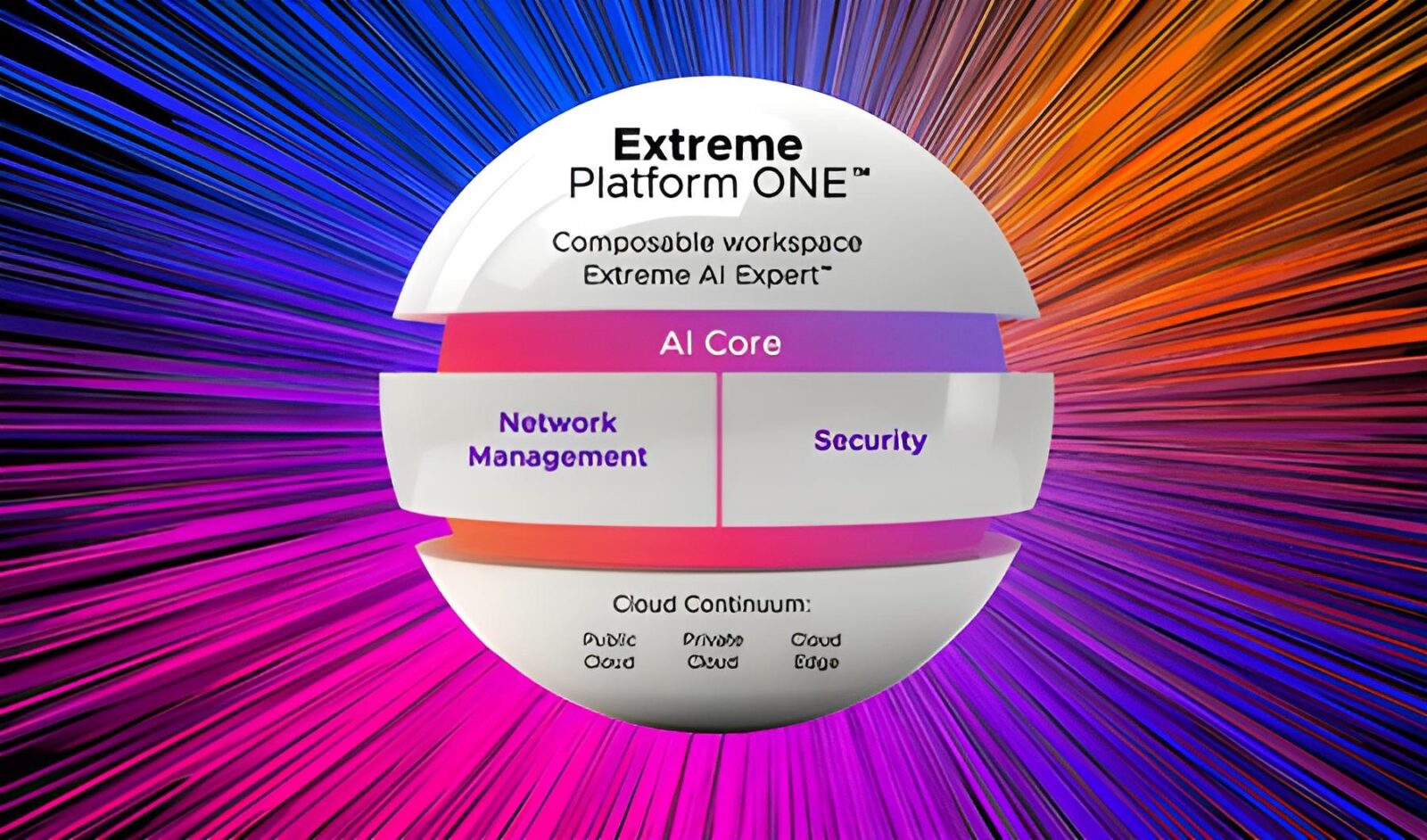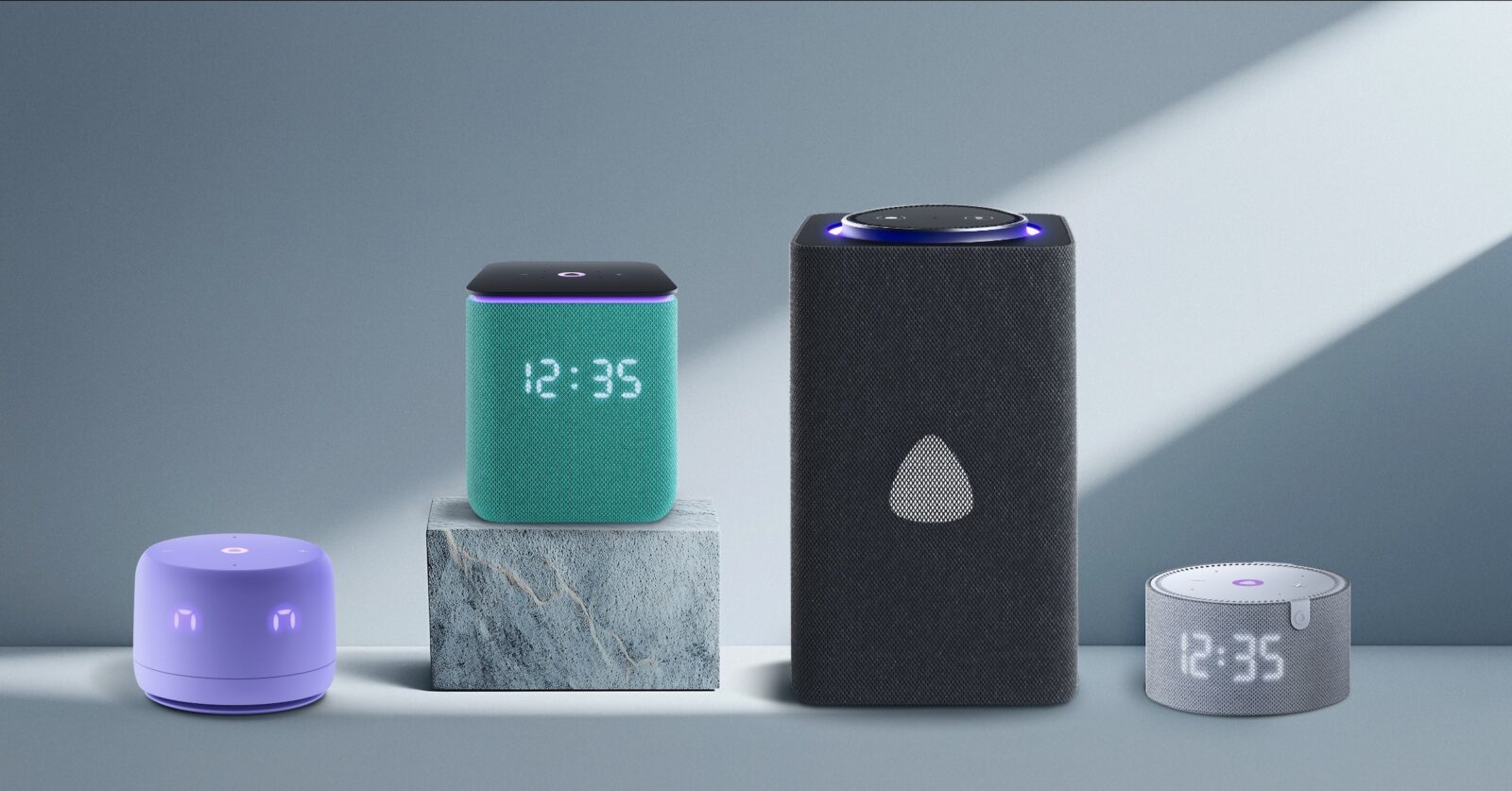Elon Musk has confirmed that native applications for both macOS and Windows are in the works for X and its AI assistant, Grok. The move signals a shift away from a browser-dependent model and reflects xAI’s intent to provide a more integrated desktop experience.
The announcement surfaced after a hiring post from xAI engineer Sulaiman Khan Ghori appeared on X, calling for Swift and AppKit developers to join the macOS app team. xAI co-founder Igor Babuschkin echoed the post, and Musk weighed in directly, stating, “We’re building both macOS and Windows apps. Can’t live in the browser forever.”
The hiring push underlines xAI’s desire to build high-performance, native software tailored to Apple’s desktop environment. The open roles, based in Palo Alto, focus on developing Swift-based applications that optimize UI performance, support real-time features, and handle resource-intensive tasks on macOS. Candidates are expected to bring deep experience in SwiftUI, AppKit, and macOS-native development, with an emphasis on fast execution and product ownership. Salaries for the position range from $180,000 to $440,000 per year, suggesting the company is targeting top-tier engineering talent.
This step marks a strategic expansion for Grok, which is currently accessible via web, iOS, and Android for X Premium+ subscribers. A native desktop version—particularly for macOS—could extend the assistant’s utility to a broader professional and developer audience, especially those looking for more stable, resource-efficient tools outside the limitations of browser environments.
The planned apps are part of Musk’s broader vision to evolve X into a more comprehensive digital platform. As Grok continues to integrate real-time X data, support multimodal queries, and power collaborative tools like Grok Studio, the desktop deployment could offer deeper, more consistent access to these capabilities.
While native desktop clients may not be revolutionary on their own, their development reflects a clear step toward re-establishing the value of performance-focused, platform-specific software. For users increasingly fatigued by the limitations of browser-based tools—latency, battery drain, inconsistent UX—standalone applications could offer a more reliable and refined alternative.
There’s no confirmed release timeline for the desktop apps, but active hiring suggests development is already underway. As more users turn to AI-powered tools for both personal and professional tasks, native integration on macOS and Windows could play a key role in Grok’s next phase.





